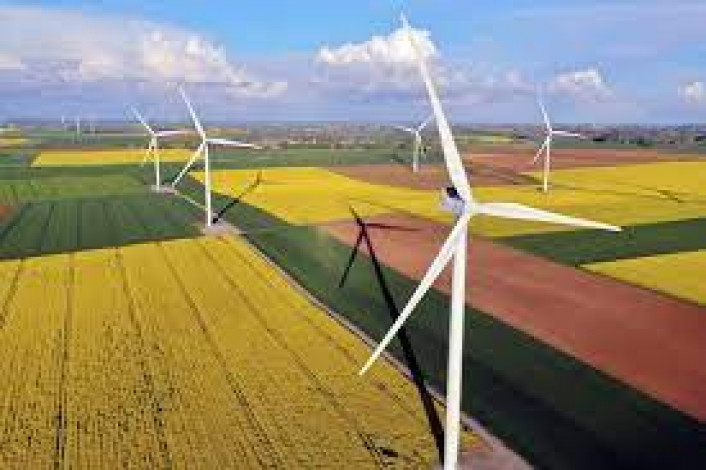
To continue to modernise French
agriculture and prepare its various sectors for tomorrow's challenges of good
eating and ecological transition, the government's recovery plan puts 1.2
billion Euros on the table. In addition to encouraging farmers to take animal
welfare into account and to commit to high environmental quality, the plan also
aims to support employment.
How can we make our agriculture
the agriculture of the 21st century? How can we help it to cope with the
climate emergency and remain competitive while integrating the notions of
sustainable development? The France Recovery Plan is 100 billion Euros of
investment by the State over 2 years to revive the French economy and promote
employment. All economic sectors are benefiting. The agricultural sector is not
left out and benefits from an envelope of 1.2 billion Euros to advance on 22
points. Already one year after its deployment, 25,000 projects of farmers and
agri-food companies committed to environmentally friendly approaches have been
supported for a total of 580 million Euros.
Investing in animal welfare
The projects that are most
eligible for financial support for livestock farmers relate to the issue of
animal welfare. As a matter of fact, the recovery plan provided for the
creation of a "bio-security-animal welfare" pact for livestock
farming, with the aim of enabling farmers to invest in strengthening the
prevention of animal diseases and improving farming conditions. In the pork,
beef and even poultry sectors, the issue of animal welfare is seen as
important, while some consumers view it with an anthropomorphic eye, as Space
president Marcel Denieul points out.
Accelerating the agro-ecological transition
The second part of the recovery
plan for the agricultural sector concerns the acceleration of the
agro-ecological transition both to continue to provide healthy, sustainable and
local food and to help the sectors to cope with the now inevitable climatic
hazards. Farmers must be able to adapt to the ecological emergency and to help
them do so, tax credits will be offered to farmers whose farms are certified
HQE (high environmental quality). Credits will also be used to structure
sectors, particularly organic and high environmental value sectors. Finally,
investment aid will be offered to farmers as part of the conversion to more
efficient equipment. “We need to become more self-sufficient. This is
particularly true of protein production. The dairy sector is more autonomous
than the pig sector on this subject”, explains Frédéric Jan, president of
Entrepreneurs des territoires (ETA) for the Brittany region. According to him,
the investments of the recovery plan will allow innovation "in
agro-ecology in order to gradually do without phytosanitary products". Luc
Vermeulen, president of the national federation of CUMAs (cooperatives for the
use of agricultural equipment) is the guest of the podcast La voix de
l'élevage. He advocates the place of CUMA in the recovery plan, particularly in
three areas: “protein autonomy, the ecological transition and climatic hazards.
We were able to highlight the capacity of the collectives to be real actors in
the transitions. We were heard by the Ministry of Agriculture, which is a real
recognition of the capacity of our groups to respond to these challenges.”
Recruitment aids
The recovery plan also takes into
account the issue of employment. In the agricultural sector, half of the farm
managers will retire by 2030. To encourage the transfer of ownership and make
young people want to work in this sector, which provides jobs, employment aids
are also offered to farmers as part of the young people's employment initiative
contracts (CIE) or the Employment Skills Pathway (PEC). Aid for the recruitment
of young people less than 26 years of age and apprentices is also planned. It
remains to be seen how many farmers will manage to take advantage of these
measures and benefit from this crucial aid for the future.
|Source: Online/GFMM
Comment Now